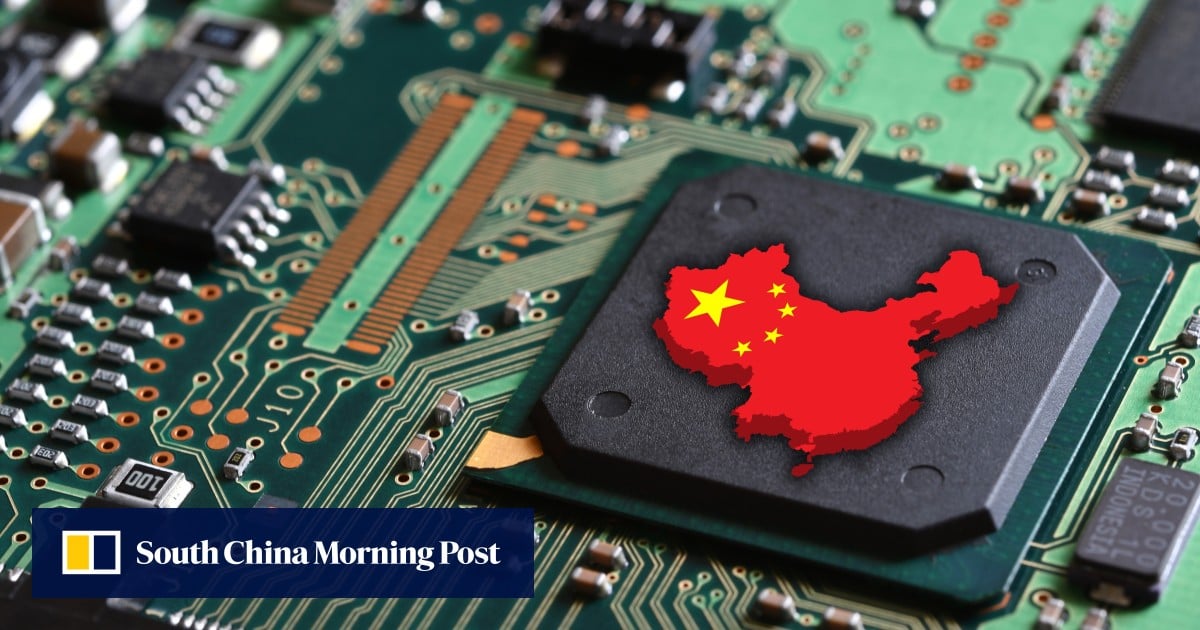Study finds China’s technological advancements are changing global politics as the US and its allies work to create a ‘balancing coalition’

China’s Growing Power and Expansion in Emerging Technologies Driving Global Shifts: Study
China’s Growing Power in Emerging Technologies Shaping Global Geopolitical Landscape
A recent study conducted by Maria Papageorgiou, a lecturer at the University of Exeter in Britain, highlights China’s significant advancements in emerging technologies and its impact on the global technological and geopolitical landscape. According to the study, China’s rapid progress in fields such as AI and 5G has positioned it as a key competitor to the US, sparking a shift in policies aimed at countering Chinese technological expansion.
The research points out that China has surpassed the US in semiconductor manufacturing and assembling capacity, although it still lags behind in semiconductor production equipment and memory chip innovation. This has led to the US imposing restrictions on Chinese companies in the semiconductor sector and implementing initiatives to boost investment in domestic semiconductor industries.
Furthermore, the study emphasizes the transboundary nature of emerging technologies, which makes them unimpeded by traditional defense mechanisms. As a result, countries are faced with the choice of either balancing the threat posed by emerging technologies or aligning with the source of the threat.
In response to China’s growing influence in emerging technologies, the US and its allies have taken steps to impede China’s acquisition of state-of-the-art semiconductor technology. This includes agreements to restrict sales of advanced chip manufacturing machines and equipment for semiconductors to China.
The study also highlights the global adoption of Chinese AI surveillance technology, with over 60 countries exclusively using Chinese AI surveillance technology, particularly in Africa and Latin America. Additionally, China’s dominance in the global implementation of 5G technology, led by companies like Huawei, has raised concerns among Western countries about potential espionage and influence over telecommunications networks.
In conclusion, the study underscores the importance of reassessing the role of technology in international affairs and its impact on the international system. As China continues to expand its power in emerging technologies, it is driving significant shifts in technology and the geopolitical landscape, prompting countries to reevaluate their strategies and alliances to stay ahead in the rapidly evolving technological landscape.


